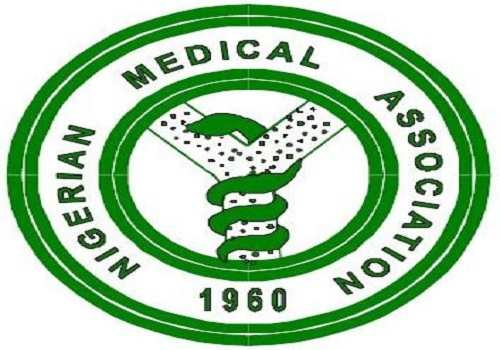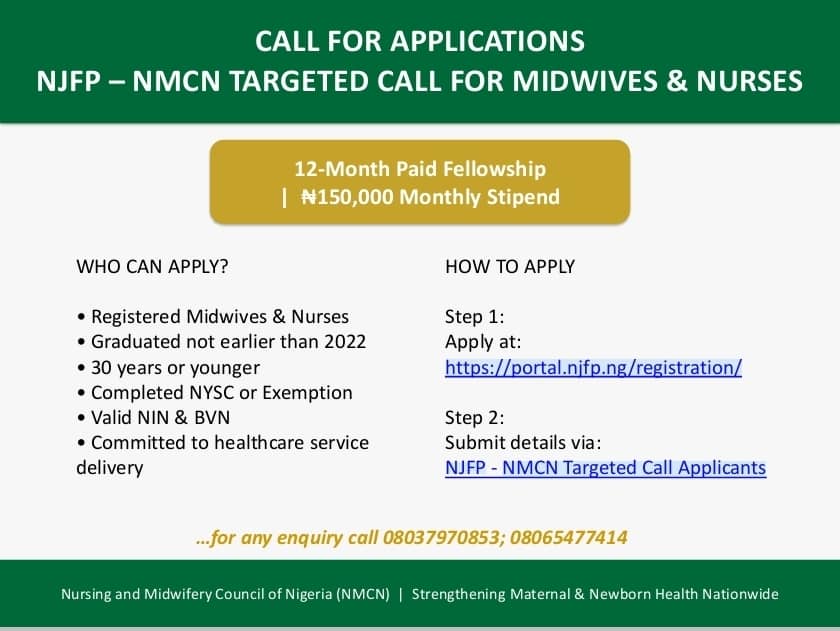Remember the harrowing experience and travails in court of Nurse Alfred Aderibigbe who treated late senator Adeleke shortly before he died on the 23rd of April, 2017. Well, the Board of the Nursing and Midwifery Council of Nigeria at its 50th General Meeting has approved the introduction of the Professional indemnity Insurance for all Registered Nurses Midwives in line with the National Health Act (NHA) Part 2, Section 11 sub section 3 and Part 3 Section 22 (See Memo Here)
The implementation of the professional indemnity insurance for nurses is scheduled to commence with successful graduates of March 2020 professional examination for Midwives as a requirement to meet the council’s registration standard.

We at Nursingworld Nigeria have taken time to list TEN things you need to know about professional indemnity Insurance
1. As from 2020, the need to have in place indemnity insurance is now a MANDATORY LEGAL requirement for Nurses and Midwives registration with the council and a prerequisite to renew nursing license
2. What is an indemnity arrangement?
Professional Indemnity is a form of protection for the insured (nurse) against legal liabilities that may arise by reason of any neglect, error or omission committed in a professional capacity by the person insured or by any partner, director or person who may be in the insured's employment.
3. In common with other regulated healthcare professionals, by law, nurses, midwives must have in place an appropriate indemnity arrangement in order to practice and provide care. This arrangement could be through your employer, membership of a professional body/ trade union or through a private insurance arrangement. If you are self-employed you will still need your own cover. It is your responsibility to ensure that appropriate cover is in place for your whole scope of practice as it has now become an offense to practise without an appropriate indemnity arrangement in place, as a result, you may be removed from the NMCN register and will be unable to practise until appropriate indemnity cover is in place.
4. The requirement for professional indemnity is to make sure that if someone has suffered harm through the negligent action of a nurse or midwife, they will be able to claim any compensation to which they are entitled.
5. Indemnity insurance covers you for claims related to your professional practice:
Negligence claims or errors that may lead to injury, death or damage.
Disciplinary and competency proceedings e.g. Nursing Council, Health & Disability Commissioner Investigations
Coroners Inquests
Civil liability arising from an error while performing your professional services and the legal costs and expenses of defending claims against you. Importantly, this includes the costs of representing you at a legal or quasi legal process into whether any professional code of conduct has been breached, as well as complaints against you by a registration board and coronial enquiries etc.
6. Any costs or damages awarded against you in any medical malpractice / negligence claims will be met under your selected insurance policy, together with any other defense costs, irrespective of whether the claim against you is successful. So nurses must ensure that their insurance cover has enough financial resources to meet an award of damages for a range of situations if a successful claim is made, including the costs of a large claim or several smaller claims.
7. To help you to decide whether you have appropriate cover you should think about:
• What your job involves and where you work;
• Who you provide care to and the level of care you provide
• The risks involved with your practice; and
• The possible size of any claim for damages
8. If you work in Academia, ensure that your indemnity arrangement covers all aspects of your role, particularly if your work takes place in the practice setting (for example, practice placement-based teaching or providing support for learning and assessment in practice settings). An indemnity arrangement would need to be provided by your employer, placement provider or through your own arrangements.
9. You should take the following steps if you are in a situation where there may be a possible claim against you.
Notify the council and your employer who may recommend a support person for you in your area and/or refer you onto the Insurance claim team and legal representation.
Ensure to make your own notes on the events surrounding the claim as soon as possible, be honest and factual
10. Heres a list of some organizations who already provide professional indeminity covers: AXA Mansard Insurance , Cornerstone Insurance
JUDE CHIEDU Fwacn
For: Nursingworld Nigeria
ABUJA: Training Schedule for Basic Life Support BLS, Pediatric Advanced Life Support (PALS), Advanced Cardiovascular Life Support ACLS, First Aid, CPR, AED
PORTHARCOURT: Training Schedule for Basic Life Support BLS, Pediatric Advanced Life Support (PALS), Advanced Cardiovascular Life Support ACLS, First Aid, CPR, AED
LAGOS: Training Schedule for Basic Life Support BLS, Pediatric Advanced Life Support (PALS), Advanced Cardiovascular Life Support ACLS, First Aid, CPR, AED
STOP paying for airtime and electricity, Let your phone pay its bills with ScreenT





